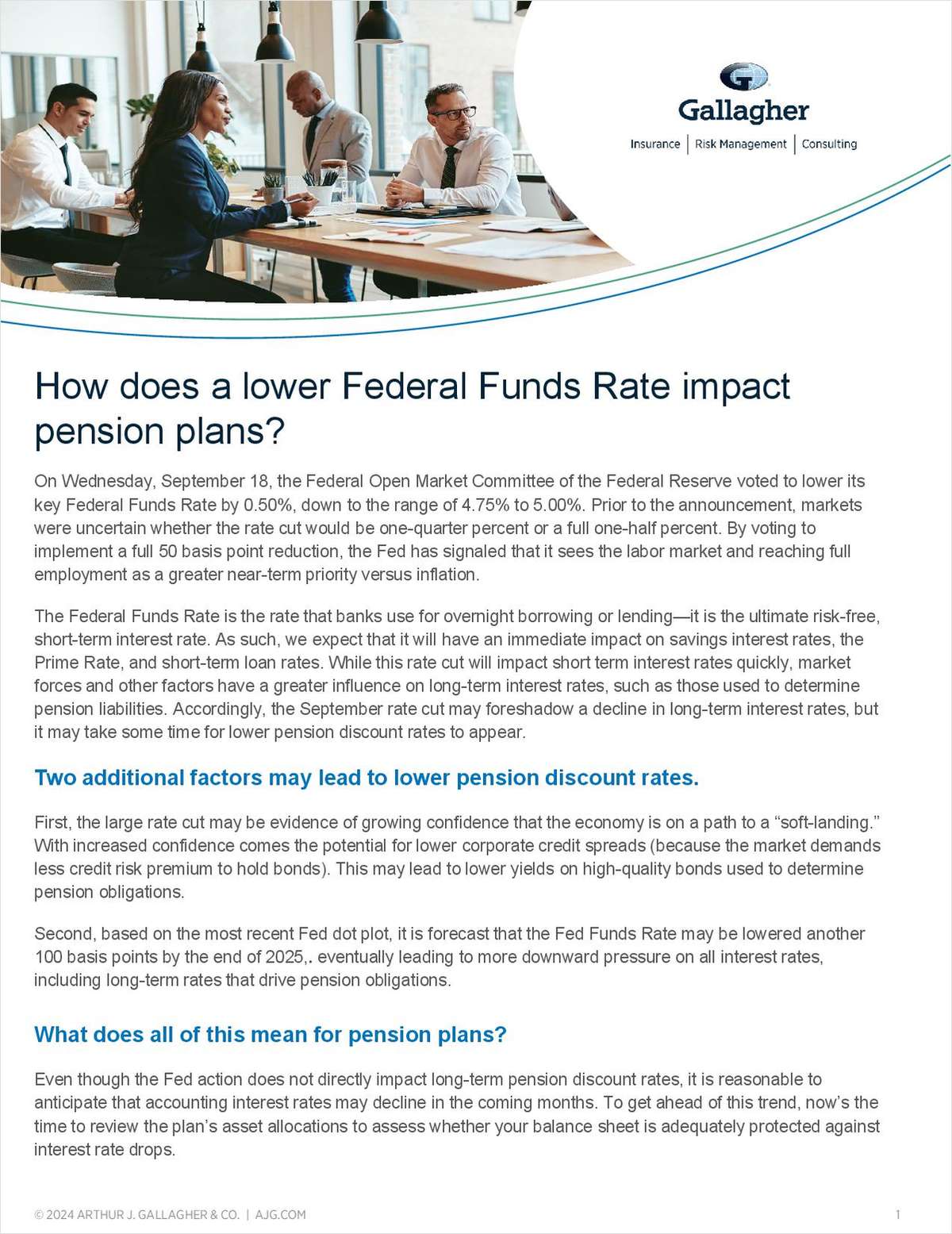 Performance reviews don't need to be overly complicated. In fact, simplifying them can actually allow for more organic and productive conversations to occur. (Photo: Shutterstock)
Performance reviews don't need to be overly complicated. In fact, simplifying them can actually allow for more organic and productive conversations to occur. (Photo: Shutterstock)
How many times has your performance management process left you feeling confused and annoyed, rather than motivated?
If you're like me, the answer is too many. Fortunately, there is a better way. We have gone through all of the typical iterations on our way to what we believe is the right approach. As a marketing tech startup, the concept of an annual review process was absurd because the product and our roles will change dramatically in a year. Writing substantial quarterly reviews for a large team is better, but is still a huge time investment that is hard to justify when what really matters is improving performance for tomorrow, not agonizing over whether we did a good job yesterday.
Things clicked into place when we transitioned to eight forward-facing, light-touch conversations per year. Suddenly, reviews only took ten minutes per person but they prompted the right conversations. Our employees felt like they were finally getting regular feedback and knew how they were doing. And the consistent nature of these conversations also helped eliminate the fear and stressful anticipation many associate with traditional “performance reviews.”
Here are three key concepts to keep in mind when considering how to develop a more streamlined and effective performance management process within your organization:
|1. Focus reviews on the future
Our change in performance reviews was paired with adoption of measurable quarterly goals, at the level of both the company and each individual employee. This allowed us to know at any time how we were actually doing, rather than having a vague and subjective feeling that a particular person was a rockstar or struggling.
These future-focused conversations are always meaningful, because they focus on achieving goals. The mid-quarter conversation is actually more important than the after-quarter; it's the time when employees and managers can strategize about how to finish the quarter strong. We talk about what has gone well so far, what has blocked progress, and what the manager and employee both need to do differently. After-quarter conversations acknowledge what the ultimate result was and focus on lessons learned for the next quarter. But it's still all about development and how we can use lessons from the past on the next quarter.
We also combined conversations around business performance and development into one. This not only ensures our employees have a clear understanding of how their progress maps back to the company's larger goals, but also fosters more positive conversations around performance and improvement that employees will approach with far less tension and anxiety.
|2. Make conversations about performance light and frequent
Performance reviews don't need to be overly complicated. In fact, simplifying them can actually allow for more organic and productive conversations to occur.
In our new, simpler process, our employees answer just four questions about their progress and development towards their goals mid-way through the quarter:
- What has gone well in your progress toward your goals?
- What has blocked your progress, and what changes do you need to make in the rest of the quarter to achieve your goals?
- What is one value you want to work on? [Our values are trust, grit, customer obsession, teamwork, and compassion]
- How can your manager help?
And two questions around accomplishments at the end of each quarter:
- What can I learn from this quarter that can help me next quarter?
- What is one value I want to focus on next quarter?
Focusing on a concise batch of questions minimizes the time managers and employees spend worrying about and preparing for these reviews and helps ensure that these critical conversations actually happen. As a result, employees receive more clarity on their manager's expectations and have a better understanding of their individual goals and how to achieve them by quarter's end.
|3. Use technology to streamline the process
When we decided to restructure our review process, we partnered with an HR software company called Betterworks. We wanted to be sure that the new process was simple for managers and employees, and that adoption was seamless.
Betterworks enables transparency into the progress of goals and gives our HR team the insights needed to ensure our managers are having these important conversations. The result has been a shift in attitude toward reviews from both managers and employees.
Through forward-facing, frequent, lightweight conversations, combined with easy-to-use technologies, companies of any size can reduce stress on its performance management process. You can keep the focus on the right things: building something meaningful for your customers and winning the next quarter.
Randal Vegter is head of people operations for NewsCred.
Complete your profile to continue reading and get FREE access to BenefitsPRO, part of your ALM digital membership.
Your access to unlimited BenefitsPRO content isn’t changing.
Once you are an ALM digital member, you’ll receive:
- Breaking benefits news and analysis, on-site and via our newsletters and custom alerts
- Educational webcasts, white papers, and ebooks from industry thought leaders
- Critical converage of the property casualty insurance and financial advisory markets on our other ALM sites, PropertyCasualty360 and ThinkAdvisor
Already have an account? Sign In Now
© 2024 ALM Global, LLC, All Rights Reserved. Request academic re-use from www.copyright.com. All other uses, submit a request to [email protected]. For more information visit Asset & Logo Licensing.








